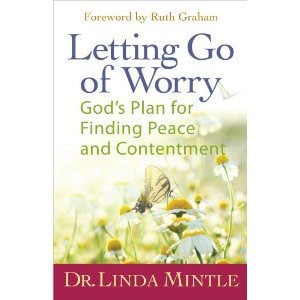 So I am reading the morning paper, enjoying my coffee, when I come across a small article tucked in the health and wellness section of the Wall Street Journal. According to research in a British journal, calcium supplements, typically used to prevent osteoporosis, now appear to increase the risk for heart attack. Great!
So I am reading the morning paper, enjoying my coffee, when I come across a small article tucked in the health and wellness section of the Wall Street Journal. According to research in a British journal, calcium supplements, typically used to prevent osteoporosis, now appear to increase the risk for heart attack. Great!
I put down the paper, look at the three calcium supplements in my hand that I am about to ingest and wonder, now what? Do I take the calcium, phone a friend (or maybe a doctor), or simply worry that I am killing myself (this option sounds a bit dramatic!)? It’s bad enough that I am still confused about whether the coffee I am drinking is good or bad for me; now I’ve got calcium to add to the list of heath worries?
All of this information can create worry and tension. So if you find yourself yelling across the table, “Put down that six ounce steak!” you may need a day at the spa.
Seriously, we need to be careful not to allow the plethora of medical information available to us to make us crazy. We can worry ourselves sick and incorrectly diagnose those we love (this happens more than you think).
When it comes to worry, the Internet is a blessing and a curse. You can easily find a disease or illness that fits any ache or pain. And with media telling us what is healthy and what is not, we need to get a grip on keeping health worries at bay.
In the worse case, worrying about health can become an obsession known as hypochondria, a psychological condition in which any physical symptom is interpreted as a serious medical problem. Even in the face of no evidence, a hypochondriac believes he or she has an illness. Doctors, friends, and families cannot convince a person preoccupied with sickness to think differently. Health anxiety is so excessive that a sore throat is throat cancer, a headache is a brain tumor, a fainting spell means diabetes, etc. This form of excessive worry needs professional help from a mental health provider.
For the less excessive worrier, health anxieties are dealt with like any other worry. You have to take the worried thought captive and bring it to he obedience of Christ. Biblically, we are instructed to be anxious about nothing. This includes calcium and coffee! Trying to suppress worry thoughts does not work. It only makes you more worried. So the next time you see a lump and begin to panic, take a deep breath. Do not assume the worse. Check it out and do not allow your thoughts to wander into worried waters. Take your worries to God; leave them with Him and focus on His goodness and presence in your life.
For more help with worry, get my book, Letting Go of Worry



